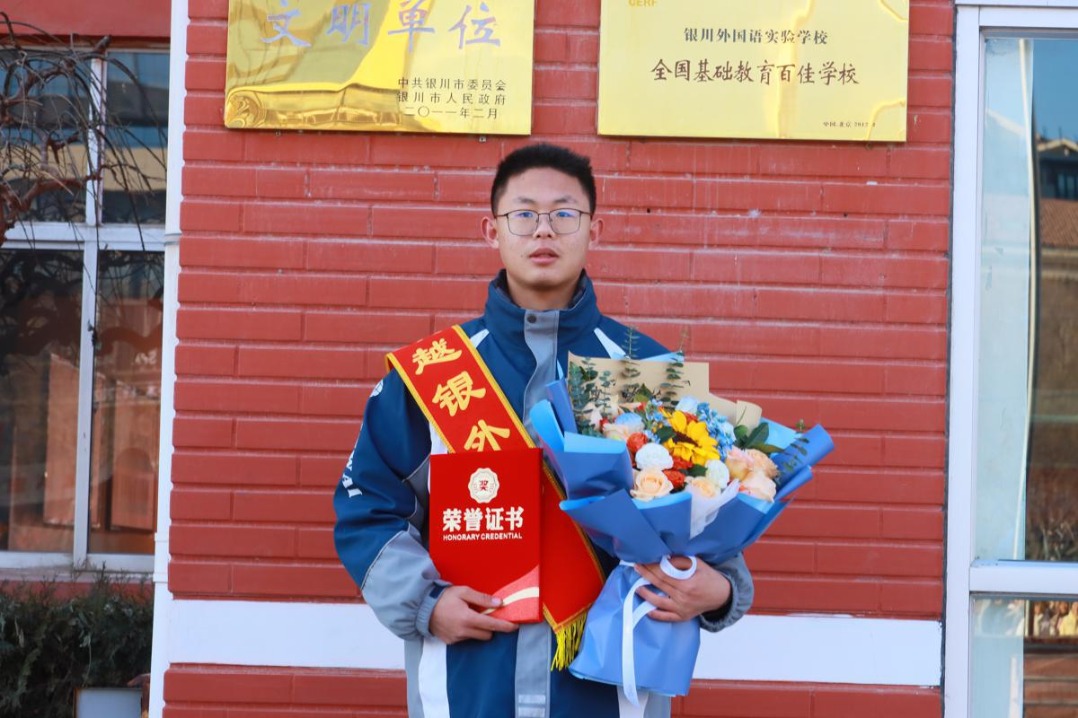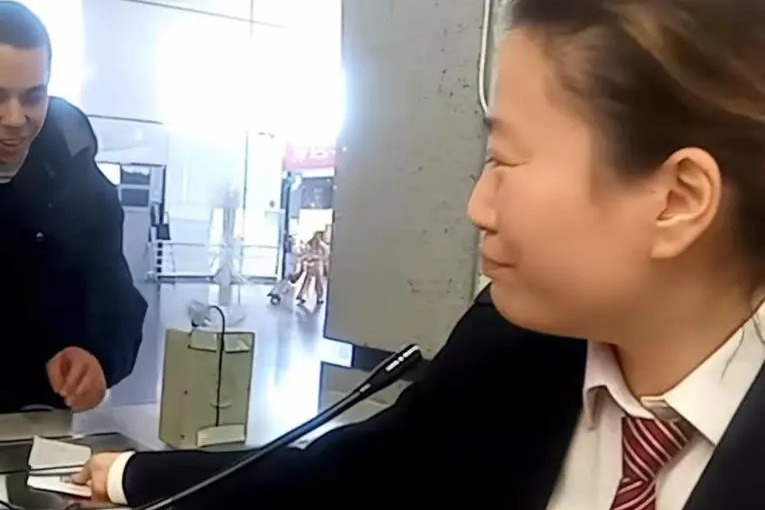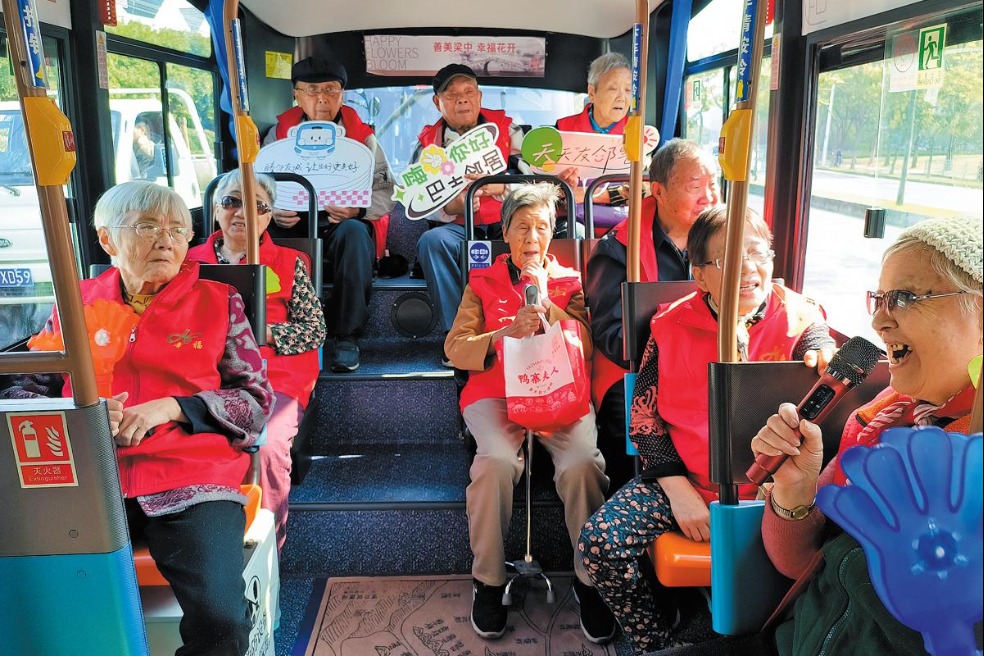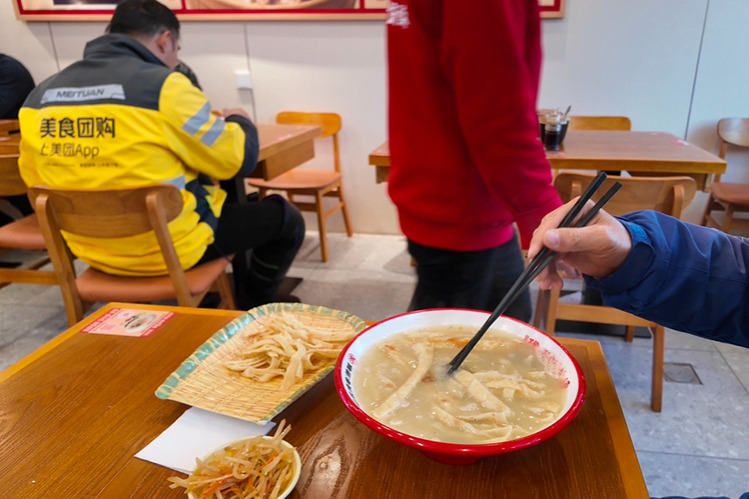Doctor devotes life to healthcare in highlands

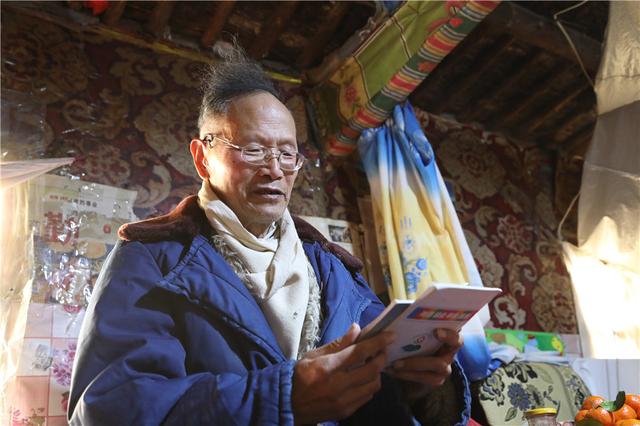
Being a doctor in the countryside was not easy. "I had to deal with all kinds of diseases. What I had learned at the university was far from enough," he said.
Wang asked his parents to mail him a set of medical encyclopedias from Shanghai and tried to read them whenever he had time.
One day, a 10-year-old Tibetan boy was brought to the health center after his stomach had been punctured by an ox. Wang realized that it would be a difficult and risky operation, but he remained calm and decided to do his best to save the boy.
Using two desks as an operating table and a naked bulb as an astral lamp, Wang performed the surgery. He finished two hours later, drenched in sweat. News of the successful operation spread across the township, and Wang won the trust and respect of the herders.
While working at the center, Wang used to go on rounds once a year to administer vaccines to herders across the township. Traveling on horseback, the trip would last almost six months.
During one home visit, it snowed for nearly 15 days, so Wang had to take shelter with a family of herders in their tent.
The freezing weather and loneliness made him melancholy, and as he sat draped in a quilt, he could not help crying. An old Tibetan woman roused him from his misery. She walked through the ice and snow to bring him a bowl of rice porridge. "Rice was a rare and expensive commodity for herders back then," Wang said.
Every time he would think about returning to Shanghai, that bowl of warm porridge reminded him of the villagers' kindness. "They treat me as one of their own, and I also cherish their friendship," he said.
In 1971, Wang married a Tibetan woman, another tireless healthcare worker in Awancang.
Wang Tuansheng, Wang's eldest son, said his father is quite complex.
"Sometimes, I felt very close to him. He taught me everything, and I was influenced by his personality. But at other times, I felt distanced, as he was always so busy with work and did not spend much time with us,"Wang Tuansheng said.
When he was young, Wang Tuansheng, now 49, showed a strong interest in medicine. "I would accompany my father when he made home visits and help him with chores around the center," he said.
When he graduated from a medical university in Lanzhou, capital of Gansu province, Wang Tuansheng was faced with the same choice as his father: to become a promising doctor in a big city, or go back to Maqu.
Though his father advised him to work in an urban area, Wang Tuansheng decided to follow in his father's footsteps. After serving in his hometown for 20 years, he is now the director of Maqu County Hospital. "My father's decision not only influenced me but also encouraged many young people to dedicate themselves to healthcare in rural and backward areas," Wang Tuansheng said.
Wang Wanqing is confident that going to Maqu was the right thing to do. "If I had a second life, I would still make the same decision without hesitation," he said.




















